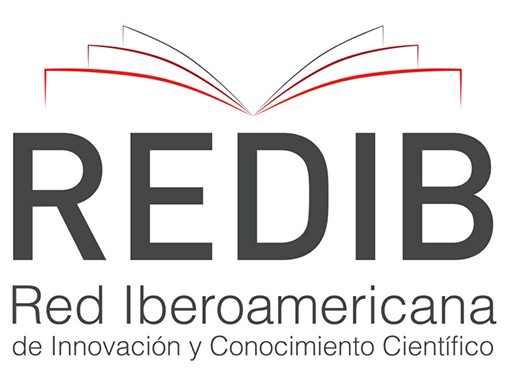FETAL ANNEXES: AN ALTERNATIVE SOURCE OF MESENCHYMAL STEM CELLS FOR EQUINE VETERINARY MEDICINE
Keywords:
Stem cells, fetal annexes, equineAbstract
The horse breeding industry has an important role in the Brazilian agribusiness generating wealth and many direct and indirect jobs. For this reason, the scientific research for the development of Brazilian horse production has reflected the current trend leading to studies focusing on sports medicine, neonatology and biotechnology of reproduction. Thus, in the last decade, the study of stem cells has come in scope to equine medicine primarily for the treatment of osteoarticular and musculoskeletal injuries of athletic horses, because it’s high potential for application in veterinary regenerative medicine. Stem cells (SC) can be classified by degree of potential as totipotent, pluripotent, multipotent and unipotent, and by its origin as embryonic or somatic. Complications of the therapeutic use of embryonic SCs leaded to the identification of several sources of adult stem cells, as the hematopoietic SC and mesenchymal SC. The most common source of mesenchymal stem cells (MSCs) is bone marrow, however, as their number and differentiation capacity decrease with age, their therapeutic potential also declines with time. Because of these limitations other sources of mesenchymal stem cells were identified, and the cells derived from fetal annexes have received much attention. MSCs derived from amniotic fluid, amniotic membrane and umbilical cord blood and tissue have been isolated and characterized showing many advantages in its use, such as non-invasive, painless collection and the possibility of formation of storage banks. In addition, there are many reports that MSCs derived from fetal annexes express embryonic markers such as Oct-4 and Nanog, which demonstrates that these cells can maintain pluripotency characteristics of the tissue from which they arise. Recently, several studies using MSCs derived from fetal annexes of horses have been carried out with excellent results. This review aims to gather studies on mesenchymal stem cells derived from horse fetal annexes showing them as an alternative, ethical source, easy to obtain and with great advantages to be used in equine veterinary medicine.
Downloads
Published
How to Cite
Issue
Section
License

Este obra está licenciado com uma Licença Creative Commons Atribuição-NãoComercial 4.0 Internacional.











